CIA torture report: a painful catharsis
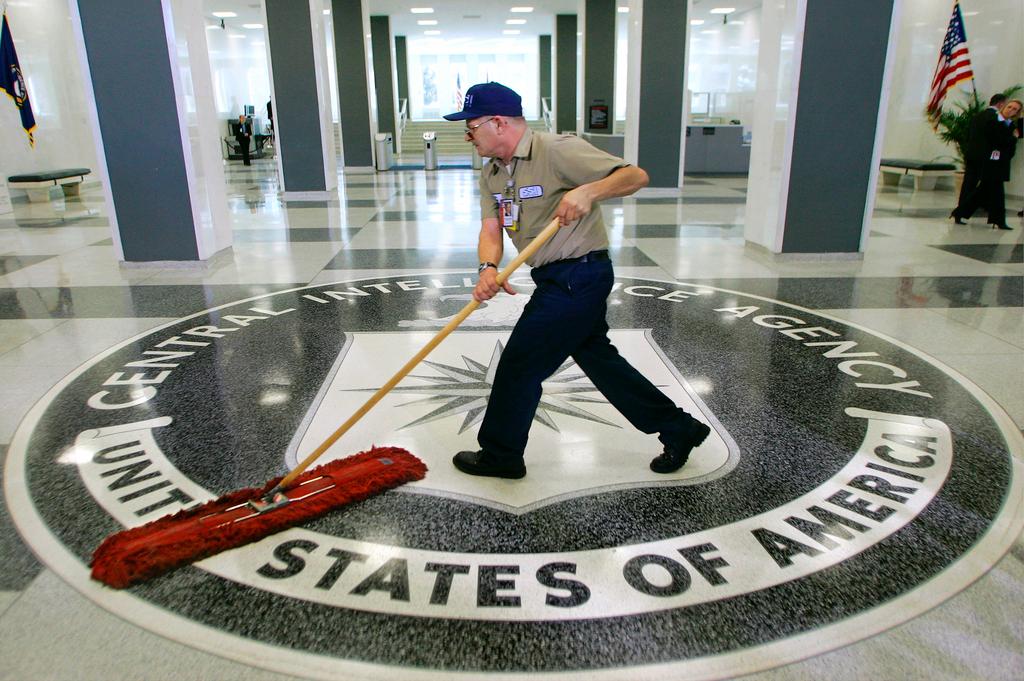
Swiss papers agree the damning United States report outlining harsh interrogation techniques used by the CIA on terror suspects has damaged America’s credibility. But publishing the Senate study is a painful price the nation has to pay, they say.
Senate investigators on Tuesday accused the spy agency of inflicting pain and suffering on al-Qaeda prisoners far beyond the US’s legal boundaries and then deceiving the nation with narratives of life-saving interrogations unsubstantiated by its own records.
Five hundred pages were released, representing the executive summary and conclusions of a still-classified 6,700-page full investigation.
For the French-speaking newspaper Le Temps the difficult five-year political and bureaucratic battle to publish the report has been a “necessary catharsis so that America can once again be equal to its high ideals”.
“It’s the price to pay so that [the country] regains the moral authority it has partly lost,” the paper declared.
An editorial in the Zurich-based Tages-Anzeiger, entitled “Painful but necessary”, echoed this.
“The acts of torture weigh particularly heavily: the US has hugely damaged its credibility as a democracy,” it wrote.
“But at least Barack Obama no longer talks euphemistically about ‘enhanced interrogation techniques’ like the Bush government but clearly, ‘yes, we have tortured’”.
Le Temps was more circumspect. It said the US president had maybe ended the illegal practices when he entered the White House in 2009, but for a long time Obama had dragged his feet over what to do about the report.
Obama: ‘pragmatic approach’
The United Nations and human rights groups have called for the prosecution of US officials involved in the CIA interrogation of al-Qaeda suspects. But according to Le Temps, for the moment Obama doesn’t seem ready to bring anyone to justice.
The French-speaking La Liberté said Obama had always taken a pragmatic approach to this issue.
“Making CIA or US Justice Ministry officials responsible would in the long term implicate former US President George W. Bush for war crimes. Could a US president one day appear before the International Criminal Court? Unthinkable,” it wrote in an editorial.
The Solothurner Zeitung, which is part of the regional AZ Medien newspaper group, said the new report represented another piece in the overall puzzle to find the truth behind what happened in the years following the September 11, 2001 attacks on the US.
But as long as Obama sits in the White House, elected on an anti-Bush ticket: “It is still too early to examine the war on terror in an impartial way.”
Europe in the firing line
In an interview in Le Temps, corruption and human rights investigator Dick Marty, attacked certain unnamed European governments for their “hypocrisy” in helping the US by holding detainees at certain “black sites” on the continent.
The former canton Ticino’s chief prosecutor and Swiss senator was one of the first to investigate the use of secret CIA prisons in Europe for the Council of Europe.
“The US made a wicked choice: they decided to violate human rights but they accepted it. But the Europeans, who crow endlessly about human rights, have trampled over the principles they claim to defend. Their hypocrisy shocks me,” he declared.
In the interview Marty said Switzerland was also partly involved. He claimed CIA planes had flown over Swiss territory and his report had recorded 48 stop-overs.
The Senate Intelligence Committee report on the CIA practices released on December 9, 2014 suggested the treatment of detainees in secret prisons a decade ago was worse than the government described to Congress or the public. It doesn’t call the tactics torture, but Senator Dianne Feinstein, the panel’s chair, writes that “under any common meaning of the term, CIA detainees were tortured.”
Besides the now-well-known practice of waterboarding, tactics included weeks of sleep deprivation, slapping and slamming of detainees against walls, confining them to small boxes, keeping them isolated for prolonged periods and threatening them with death.
For all the effectiveness in breaking detainees’ spirits, the “enhanced interrogation techniques” didn’t produce results where it really mattered, the report asserts in its most controversial conclusion. It cites CIA cables, emails and interview transcripts to contradict the central justification for torture – that American lives were saved and terror plots stopped through the information that detainees gave only when subjected to very harsh methods.
Former CIA officials forcefully disputed the report’s findings. So did Senate Republicans, whose written dissent accused Democrats of inaccuracies, sloppy analysis and cherry-picking evidence to reach a predetermined conclusion. CIA officials prepared their own response acknowledging serious mistakes in the interrogation programme, but contending it produced vital intelligence that still guides the agency’s counterterrorism efforts.

In compliance with the JTI standards
More: SWI swissinfo.ch certified by the Journalism Trust Initiative

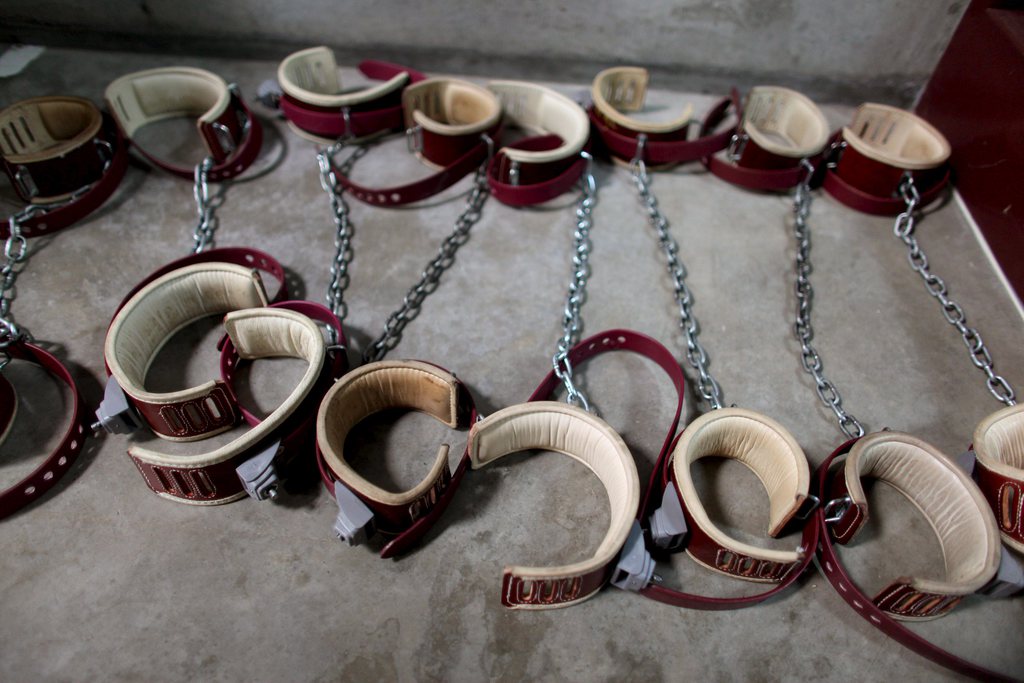
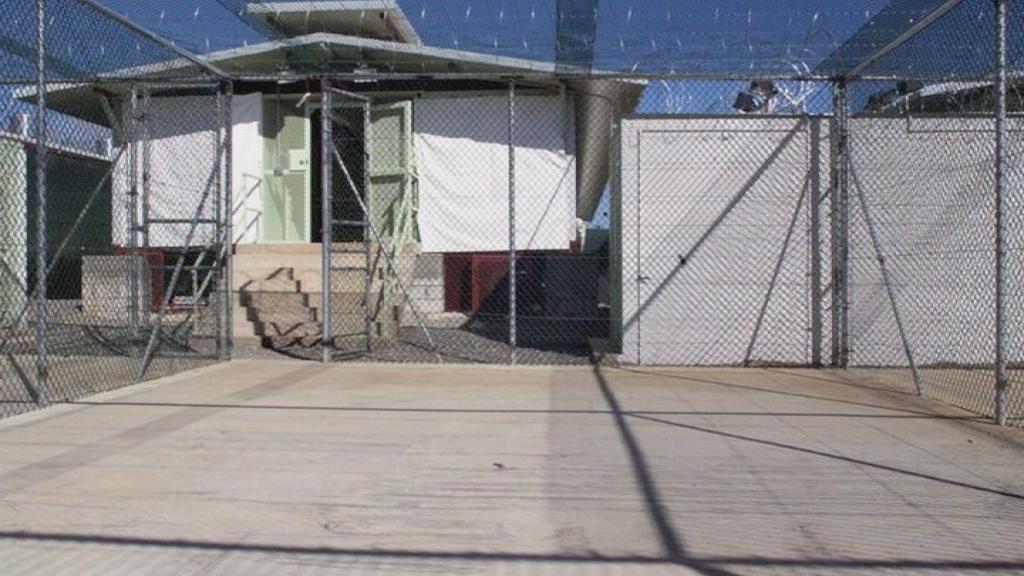
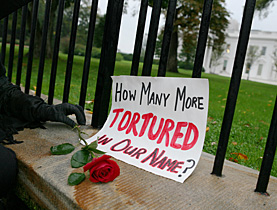
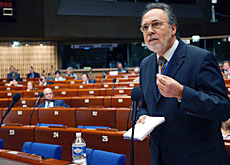
You can find an overview of ongoing debates with our journalists here. Please join us!
If you want to start a conversation about a topic raised in this article or want to report factual errors, email us at english@swissinfo.ch.